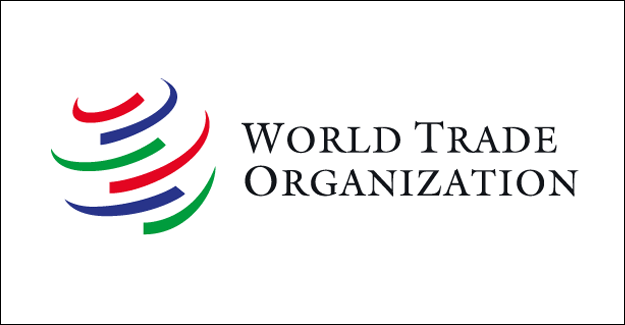
US All Set To Preempt Indian Apparel Export Subsidies At WTO Body
Matters have come to a head with the US Government in recent times threatening to take India to task in the World Trade Organization forum for continued provision of export subsidies in the apparel and other sectors, it was reliably learnt. Interestingly India’s apparel export to the world for the period between April 2017 and January 2018 stood at USD 13,783.14 million.
Currently the Indian government has plans to challenge the US contention at WTO as if the decision f the world body goes against India it would adversely impact India’s apparel and other key exports to the world.
It was way back in 2010 when India crossed the threshold in the apparels and textiles sector by attaining a 3.25 percent pie in the global export market. This had highlighted India’s export competitiveness in the sector. As per stipulations when the threshold is crossed the country gets an eight year period of reprieve to phase out subsidies. However, the bad news for India is that the eight years will come to an end in 2018.
As per the Subsidies and Countervailing Measures (SCM) agreement that was offset by the World Trade Organization to prevent distortion of fair trade practices, there was a call for discipline on the subsidies granted to industry. Accordingly, the WTO imposed a set of rules and regulations to ensure the same. These rules pertain to restrictions on subsidies and export incentives in all its member nations. It governs non-agricultural products and the apparel industry in particular.
The SCM agreement mainly objects or countervails subsidies granted to a specific sector or as in this case to the textiles and apparels sector. The word specific is also applicable to a particular geographical territory. However, in general, if a specific sector like apparel Is getting the benefit of government subsidy the SCM agreement seeks to limit access to such a subsidy.
According to the WTO norms subsidies can be non-actionable or prohibited as stipulated by the SCM agreement. Specifically, subsidies that are prohibited include those like the ones given to a firm or industry as in the case of apparels and textiles. The SEZ policy and the MEIS scheme which are applicable to the textiles and apparels industry come under this prohibited category. As per the SCM norms member countries of WTO can take remedial actions against India for such schemes and policies.
In short, if India fails to curb the subsidies mentioned under the prohibited list to the apparel and textiles industry within the stipulated eight year period, member countries can refer the issue to the Dispute Settlement Board of the WTO. In this case, the US being the complainant, it has the options of imposing countervailing duty on imports from India which will result in the Indian exporters losing their competitiveness in the US textiles and apparel market. Competing countries like Bangladesh, Taiwan and Vietnam are likely to benefit from India’s set back.
This is a grave matter of concern for the Indian apparel and textile exporters in particular.
Textile Excellence
If you wish to Subscribe to Textile Excellence Print Edition, kindly fill in the below form and we shall get back to you with details.













